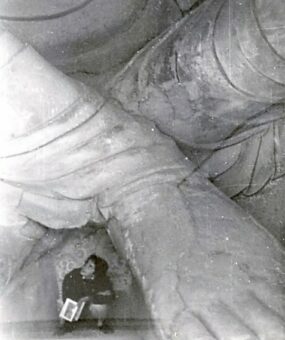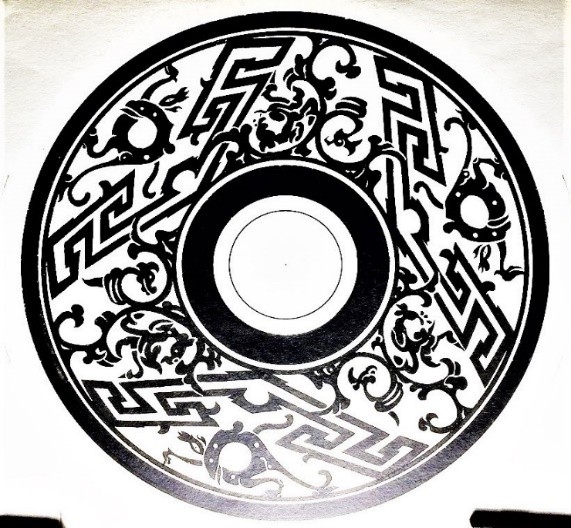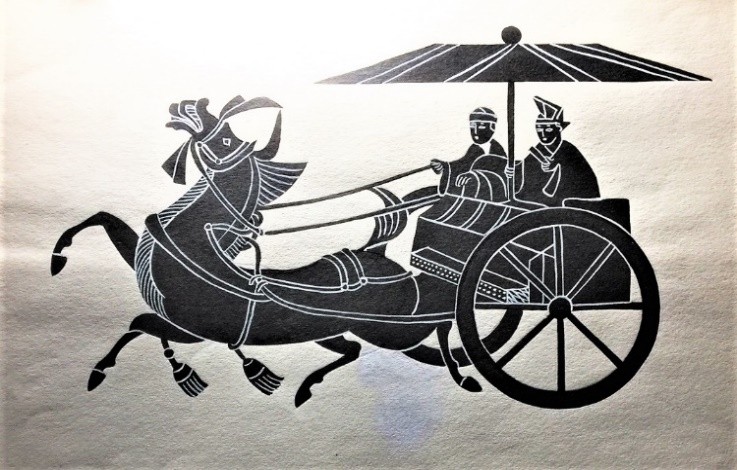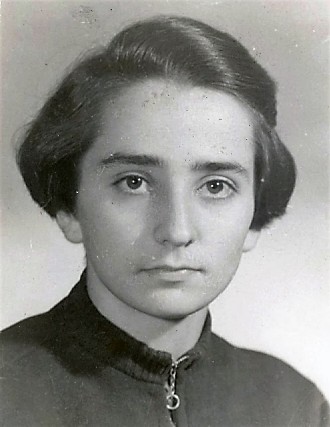One difficulty I encountered during my studies was the lack of accessible books to read. My spoken Chinese improved a lot, but my reading and writing skills advanced slowly. I forced myself to take notes in Chinese, but later I could not read the signs I wrote, and my notes turned to be of no use. Because of insufficient information and poor background knowledge, I ended up having more questions than answers.
The most important and beautiful books and albums in my Beijing Institute’s Library were in English. At the beginning of last century, many foreign English speaking scholars studied early Chinese pottery and porcelain and published their research in beautiful albums.
Their research concentrated on a specific kiln, presenting history, materials, modeling methods, decorations, construction of kilns and firing process. To document their findings, they even dug in the ground around the kiln or in the nearby rivers, searching for shards or discarded pieces. I was frustrated, disappointed that by not knowing English, the detailed texts remained unknown, unreachable to me.
A decade later by following my husband mission to work at UN in New York, my dream of learning English came true. I spent endless hours reading books about ceramics in the big Public Library of New York and started to unravel the knot of unanswered questions.
Putting all the information together I became aware of my duty to write my book to thank Romanians who trusted me and sent me to China to study. Now, five decades later my book is published and I am satisfied to have kept my promise.





